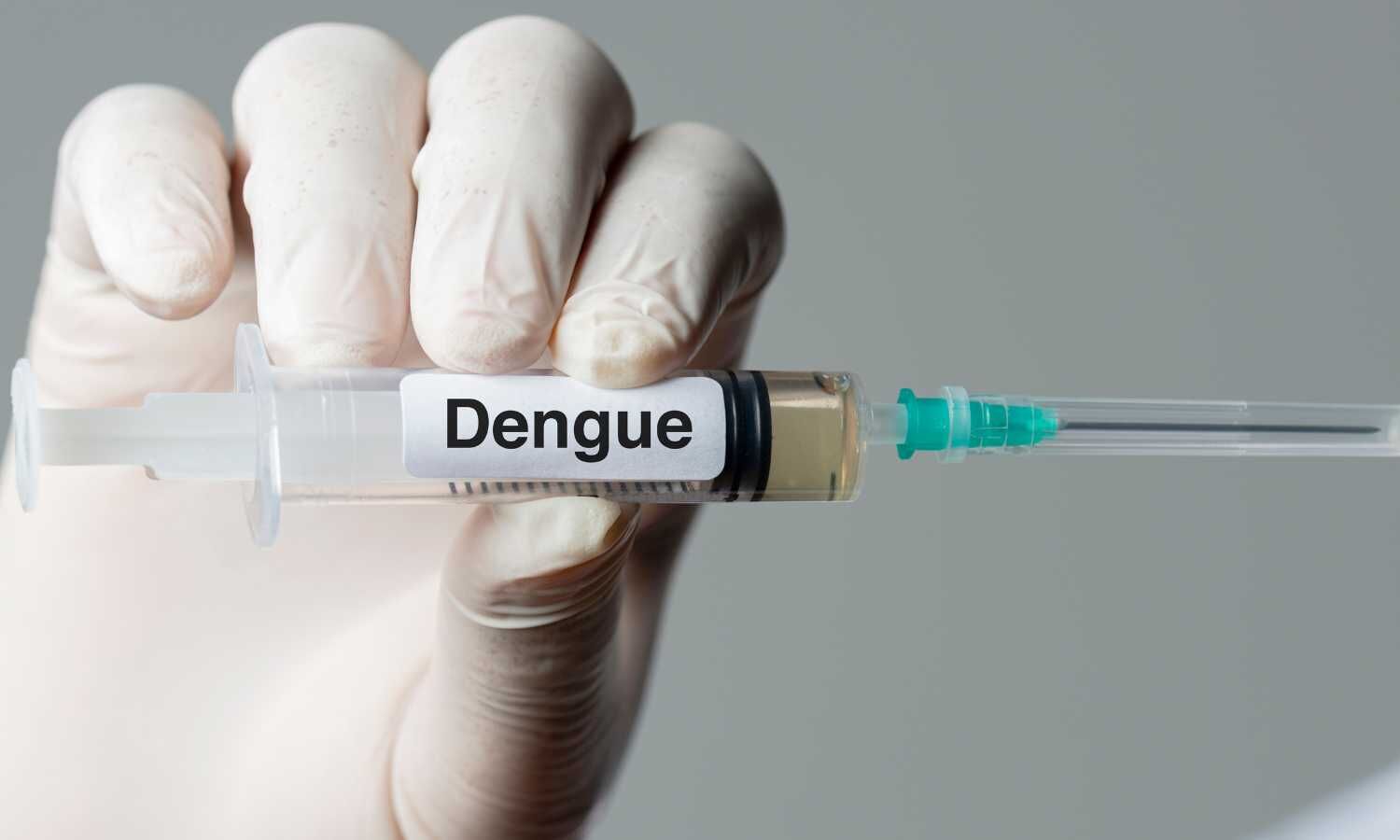Vaccines are a very effective way to keep children healthy and help your child’s body prepare to fight these germs if they become infected. This means that even if your child gets vaccinated, it is still possible to get the disease, but they are much less likely to become seriously ill. Vaccination aims to give your child’s body a better chance to fight off infections quickly.
It takes time for the immune system to build protection after getting vaccinated. Most of the immune response develops within a few weeks for vaccines that only require one dose. Vaccines that require multiple doses provide some protection after the first dose, but full immunity occurs only after completing the full vaccine series. Your child needs to get all the doses on the recommended schedule to get the best protection.
The effectiveness of vaccines can vary depending on your child’s immune system. Children with weakened immune systems, such as those with CKD, on dialysis, or who have had a kidney transplant, are at a higher risk for developing serious illness. Their immune systems may not respond as strongly to vaccines, so children with weakened immune systems may need higher doses or extra doses of certain vaccines to get enough protection.
Children can have a weakened immune system for various reasons, such as long-term dialysis, certain medications (like anti-rejection drugs after a kidney transplant), or chemotherapy. Not all children with weakened immune systems are affected in the same way. Some may have a very high level of immunosuppression, while others may only have a slightly weakened immune system. Your child’s doctor can recommend the doses or types of vaccines that are best for their situation.










